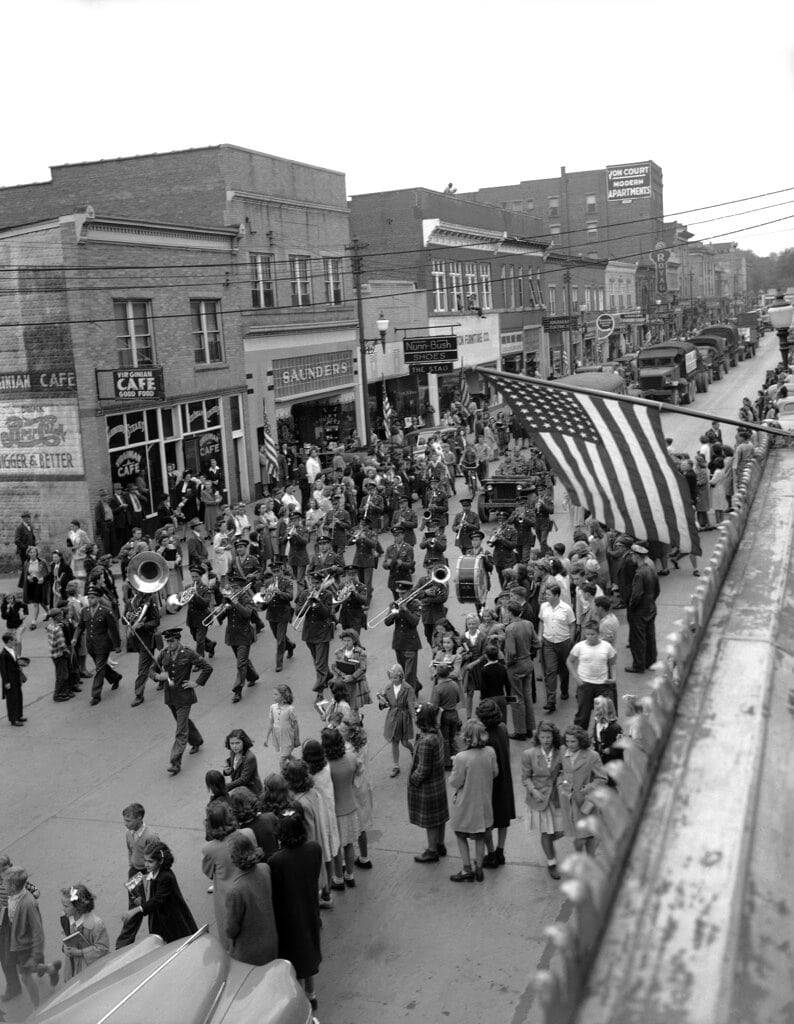In part because of the efforts of Hayden Covington, one of its former attorneys, Jehovah’s Witnesses were one of the one of the most effective litigators of First Amendment issues in the 20th century.
Their aggressive door-to-door witnessing often brought them into conflict with local licensing and permit laws. Their pacifism, and their refusal to salute the U.S. flag, generated popular opposition among fellow citizens, particularly during times of war, when they were often regarded as Fifth Columnists.
A wave of violence directed against the Witnesses occurred after the Supreme Court decision in Minersville School District v. Gobitis (1940), which the court later overturned in West Virginia State Board of Education v. Barnette (1943).
Fired Jehovah Witness files discrimination claim over pacifism
Although courts are often regarded as the primary defenders of First Amendment rights, there are other mechanisms by which such rights can sometimes be secured. A good example of this occurred in December 1941 when a window glass plant in Clarksburg, West Virginia, fired seven Jehovah’s Witnesses.
Fellow workers had refused to work with them because they had refused to salute the American flag after the Japanese attack on U.S. forces at Pearl Harbor, Hawaii, and had absented themselves from a later flag-saluting ceremony at the plant.
Although five of the Witnesses secured jobs elsewhere, one of the workers Paul Schmidt, who had long been employed as a glass-cutter, continued to seek his job. Schmidt appealed to the Committee on Fair Employment Practice that President Franklin Roosevelt had created through Executive Order 8802.
After the committee’s investigations revealed that the company had in fact discriminated against the Witnesses, it exerted pressure both on the unions and on the company to reinstate Schmidt, even in the face of claims that other workers would walk out. In March 1943, Schmidt and his son were rehired. The company encouraged fellow workers to accept them, and they did so.
Professor Chuck Smith has described the “directive to reinstate the fired Jehovah’s Witnesses” as “an unparalleled use of civil rights policy to protect religious freedom” (2001, p. 566). He further noted that the case “accentuated the principle that the civil rights and civil liberties of an unpopular minority cannot be contingent on the popular will of the community” (2001, p. 566).
John R. Vile is dean of the Honors College at Middle Tennessee State University and a professor of history.

